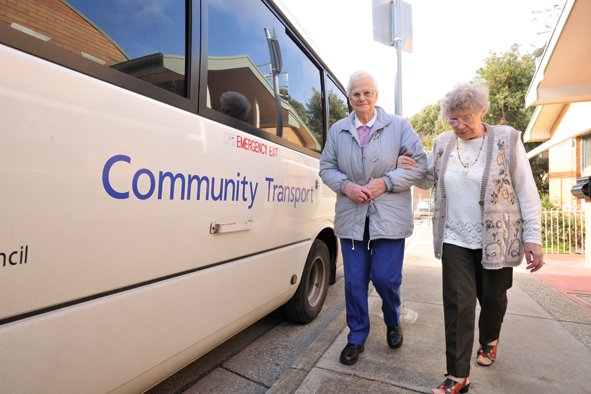Select from the following services
Be aware, show you care

Food Allergy Week aims to raise awareness of food allergy in society, including potentially fatal food allergies so everyone can better understand and protect those at risk.
With food allergies on the rise in Australia – affecting about 2 percent of adults and between 4-8 percent of children under 5 years – it is important to know how to manage them.
What is a food allergy?
Food allergies are an overreaction of the body’s immune system to a particular protein. Symptoms of a food allergy occur quickly after exposure and can include swelling of the face, lips or eyes, skin rash or hives, breathing difficulties, vomiting or diarrhoea.
Most children who are allergic to cow’s milk, soy, wheat or egg will outgrow their food allergy, however it is less common to grow out allergies to peanuts, tree nuts, sesame and seafood.
How is an allergy different to a food intolerance?
A food intolerance does not involve the immune system and does not cause severe allergic reactions (anaphylaxis). A food intolerance will also not show up on an allergy test.
The symptoms of a food intolerance can sometimes be very similar to a food allergy. They can include headaches and migraines, diarrhoea, a tightness across the face and chest, some breathing difficulties and other allergy-like reactions. Unlike a food allergy, symptoms are not always immediate and may take up to 12 to 24 hours to develop.
What are the most common allergens?
The most common allergens in Australia are milk, soy, wheat, eggs, fish, shellfish, peanuts and tree nuts. However, you can be allergic to many other foods as well. Most commonly, food allergies develop before the age of 5 years, however they can develop at any age, even as an adult.
Rates of food allergies are on the rise with no clear reason. Some possible explanations include:
How are food allergies diagnosed?
It is important to seek appropriate medical advice if you suspect a food allergy. The most common and approved method of testing is a ‘skin prick test’. Sometimes a blood test can be used to identify allergen-specific IgE antibodies.
There are several tests that are not supported by evidence. These include cytotoxic food testing, kinesiology, iridology, reflexology, hair analysis and IgG food antibody testing.
Living with a food allergy
Once diagnosed with a food allergy, it is important to seek advice and information from medical and health professionals. An Accredited Practising Dietitian can help you safely eliminate confirmed food allergens from your diet and replace them with appropriate foods to help meet your nutritional requirements. A Dietitian can also help you read and understand food labels, being aware of cross-contamination and strategies to use when eating out.
If your food allergy symptoms are severe (anaphylaxis), you may be required to carry an EpiPen and have an ‘action plan’ ready. Deaths from anaphylaxis are very rare and most schools and childcare services across Australia are required to have an anaphylaxis management policy in place.
If you or someone you know has (or may have) a food allergy, visit the following sites for more information:
- Australasian Society of Clinical Immunology and Allergy (ASCIA) https://www.allergy.org.au/
- Allergy & Anaphylaxis Australia https://allergyfacts.org.au/
- Dietitians Association of Australia https://daa.asn.au/
- Nutrition Australia https://nutritionaustralia.org/
- Your local GP
For an appointment with a Connect Health & Community, Accredited Practicing Dietitian, call us today on 03) 9575 5333.
A youth mental health initiative developed with students during Victoria’s lockdowns, is hoped to help reduce the stigma surrounding mental health issues and encourage teens to seek help early.
Read MoreOur Health Promotion team is supporting early learning centers through the Achievement Program, an initiative that helps services create a healthier environment for their students, staff and families.
Read MoreThis Children’s Week, we asked our paediatric team to share some of their favourite activities for kids that embrace the importance of play for a healthy lifestyle.
Read More
Speech pathologists provide assessment and management of communication, swallowing and feeding difficulties.
Read More
We have been offering safe and quality door-to-door transport options to our community since 1975.
Read More
We provide Occupational Therapy to help children, adults and those experiencing mental health issues, to achieve their full potential.
Read MoreSelect from the following services